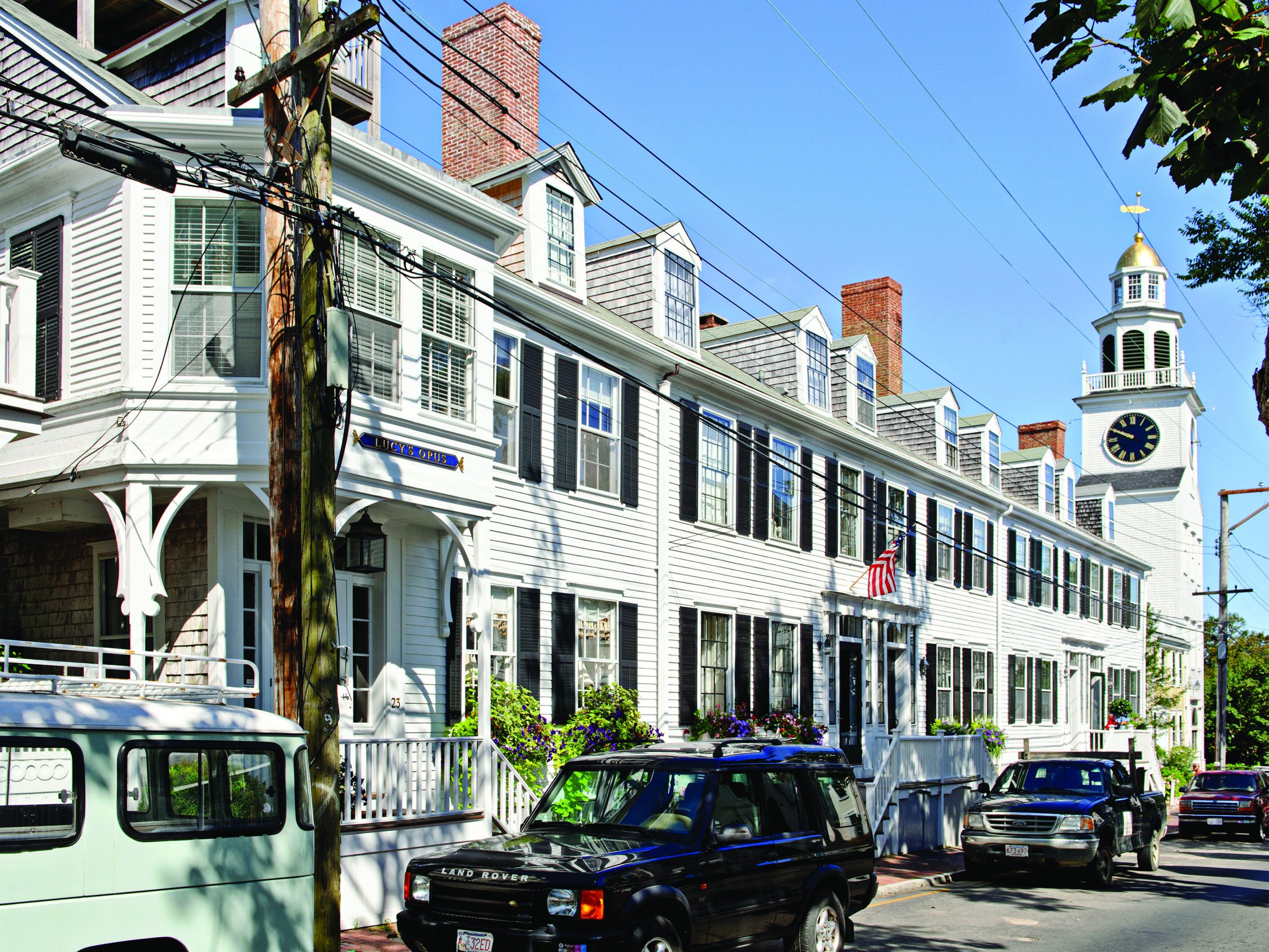
Program History
From 1957 to Today:
UF’s Pioneering Path in Historic Preservation
One of the Oldest Programs in the Nation
Dean Turpin C. Bannister initiates coursework in Preservation through the College of Architecture and Fine Arts
First Trip to Nantucket
F. Blair Reeves leads Historic American Building Survey (HABS) project in Nantucket. HABS is a program run by the National Park Service and archived by the Library of Congress. HABS was integrated into many of the “main campus” courses in Gainesville as well resulting in the documentation of many local landmarks.
First Graduates
Among the first to graduate with the Architectural Preservation Grad Option are Donald Bizzell and Richard Crisson
UF’s Preservation Network Grows.
Through his service on the boards of the National Trust for Historic Preservation and Florida Trust for Historic Preservation, among others, Reeves was able to build a network of program consultants for teaching students. These included William Murtagh, Jack Boucher, and Carl Feiss. Coursework grew to include preservation law, museology, adaptive use, and a thesis project.
RECAP Established
Research and Education Center for Architectural Preservation (RECAP) formed. Later renamed the Center for World Heritage Stewardship and Research
100th Graduate!
Year of 100th graduate in Architectural Preservation. The 100 Club is formed and sponsored by the class of 1975.
New Degree Option
Now offering a Master of Science in Architectural Studies with an emphasis in Historic Preservation
Master of Historic Preservation
MHP degree launched and moved from the School of Architecture to the Dean’s Office
Envision Heritage
After a summer visit at PIN by Lund University with their new 3D Laser Scanner, the Historic Preservation Program launches an initiative to explore how new and emerging digital technologies can be used to document, manage, and interpret heritage sites. The research projects utilize laser scanning, photogrammetry, and imaging from drones, among other technologies.
Preservation Institute Nantucket
(PIN)
PIN began as a collaboration between Walter Beinecke, Jr. and F. Blair Reeves. Reeves traveled to Nantucket in 1969 to lead students in a HABS documentation project that was sponsored by Beinecke, a visionary entrepreneur who established the Nantucket Historical Trust.
Established in 1972, the concept of PIN according to Reeves was “… to create a symposium for students from a diversity of academic programs and locales to use Nantucket as a laboratory to study preservation and document its historic architecture.“ Over the last five decades, some 700 participants from over 110 institutions have attended PIN. The archive generated by PIN has proven invaluable in restoring and stewarding some of the island’s most significant sites. PIN is the longest continuously run field school for historic preservation in the U.S.
Preservation Institute St. Augustine
(PISA)
PISA was created in 2017 to offer specialized training in the documentation of historic buildings and laboratory analysis and conservation of architectural materials and finishes. The work of PISA informs ongoing efforts to preserve America’s oldest city, and is in partnership with UF’s Historic St. Augustine, Inc. and the City of St. Augustine, among others.
PISA was created as a response to the 2007 State of Florida legislation that granted UF the management of some 38 historic structures and 23 parcels. UF developed a strategic plan and created Historic St. Augustine, Inc. (a Direct Support Organization) to support historic preservation and education.
Former Historic Preservation Faculty
Herschel Shepard, Professor Emeritus, Architecture
Roy Graham, former Director, Historic Preservation
Susan Tate, Professor Emeritus, Interior Design
Ron Haase, Professor Emeritus, Architecture
Pete Prugh, former Associate Professor, Architecture
Bill Tilson, Professor Emeritus, Architecture
Directors- Past & Present
Morris “Marty” Hylton III
Marty Hylton oversees the creation of the Envision Heritage initiative as well as PISA.
Cleary Larkin, Ph.D.
Dr. Larkin first serves as Acting Director and is then hired to the permanent Director position.